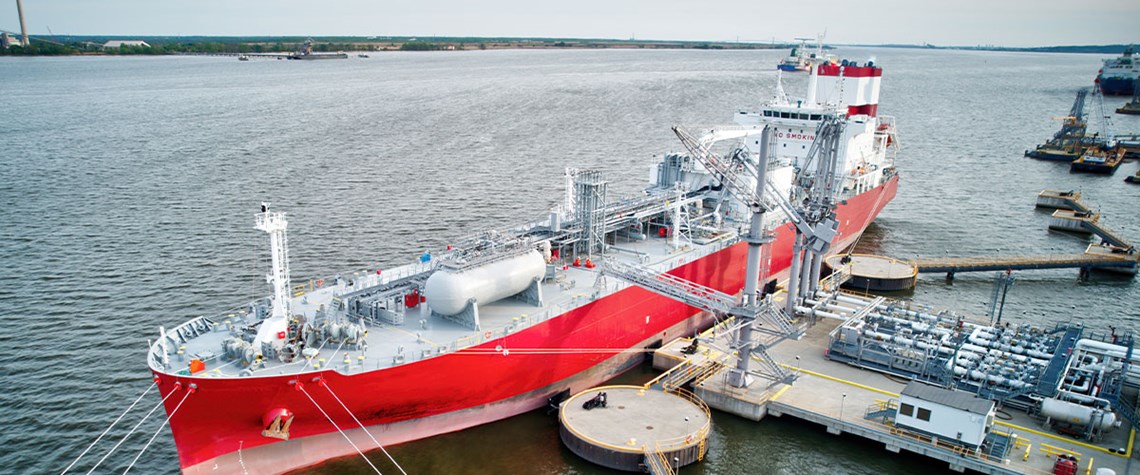Ineos aims to close US-Europe energy costs gap
The chemicals heavyweight is trying to bring to LNG the model it has already rolled out in petchems feedstocks
Indexation asymmetry is one of the factors put forward as to why more European gas importers do not sign up to long-term LNG contracts, preferring instead to take their chances either on the seaborne spot market or buying post-regasification on pipeline trading hubs. The customers of these importers—be they distributors, generators, or large industrial and commercial (I&C) end-users—demand TTF indexation because that is what their competitors have. And a relative scarcity of LNG term sellers willing to sell on a TTF basis means potential European buyers baulk at managing possibly decades of basis risk between an import contract on another index back-to-back with sales agreements on the T

Also in this section
18 February 2026
With Texas LNG approaching financial close, Alaska LNG advancing towards a phased buildout and Magnolia LNG positioned for future optionality, Glenfarne CEO Brendan Duval says the coming year will demonstrate how the company’s more focused, owner-operator approach is reshaping LNG infrastructure development in the North America
18 February 2026
The global gas industry is no longer on the backfoot, hesitantly justifying the value of its product, but has greater confidence in gas remaining a core part of the global energy mix for decades
18 February 2026
With marketable supply unlikely to grow significantly and limited scope for pipeline imports, Brazil is expected to continue relying on LNG to cover supply shortfalls, Ieda Gomes, senior adviser of Brazilian thinktank FGV Energia,
tells Petroleum Economist
17 February 2026
The 25th WPC Energy Congress, taking place in Riyadh, Saudi Arabia from 26–30 April 2026, will bring together leaders from the political, industrial, financial and technology sectors under the unifying theme “Pathways to an Energy Future for All”







